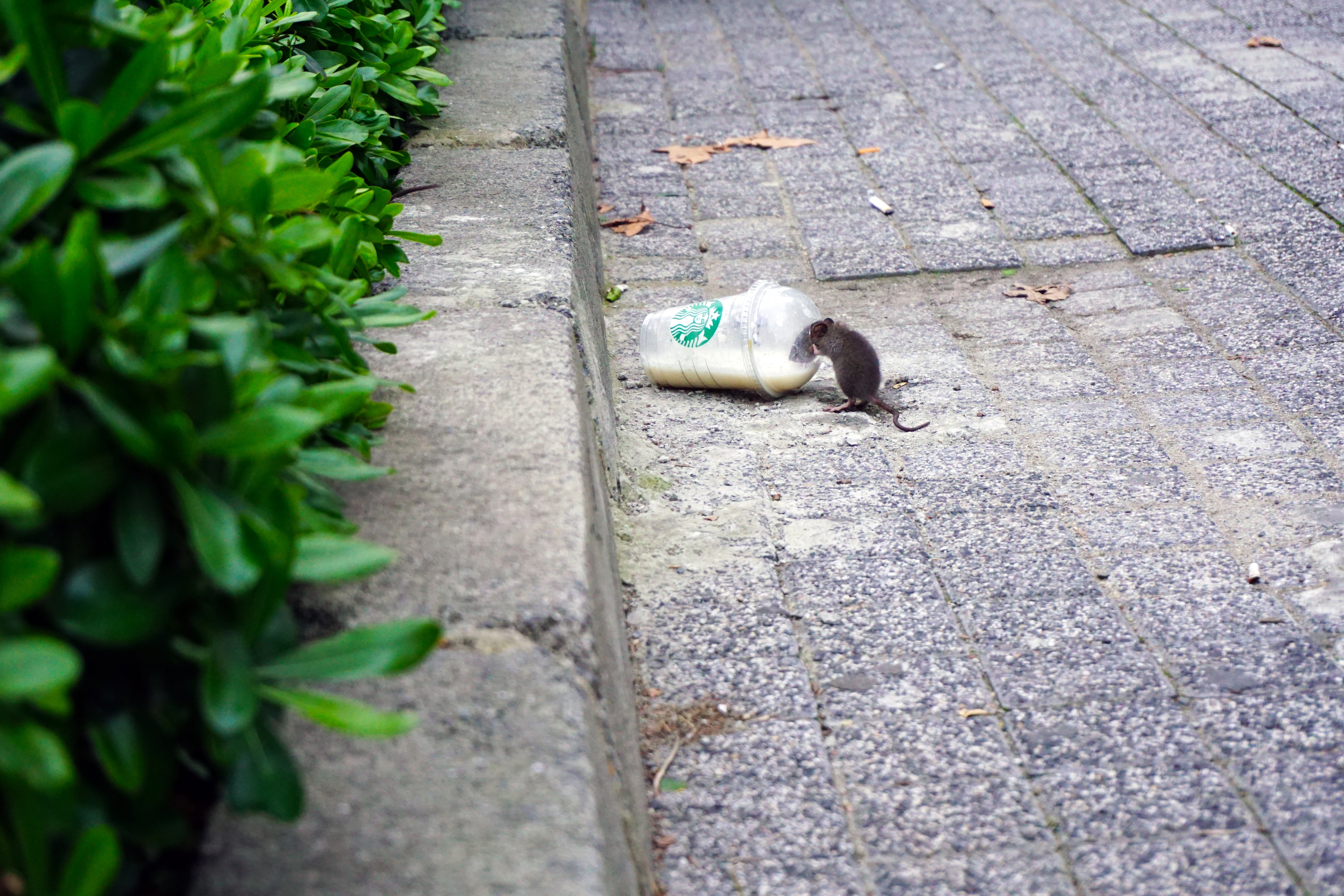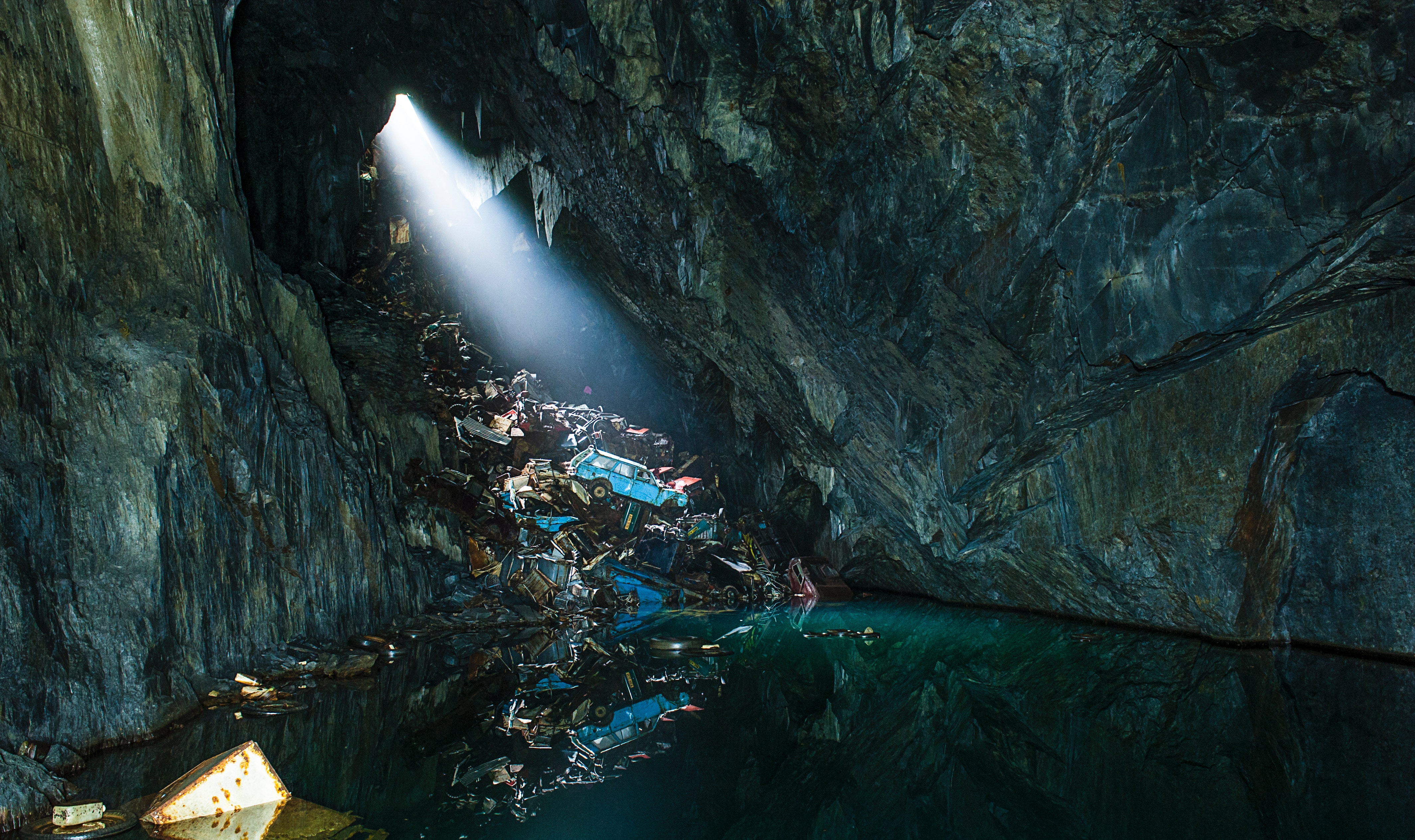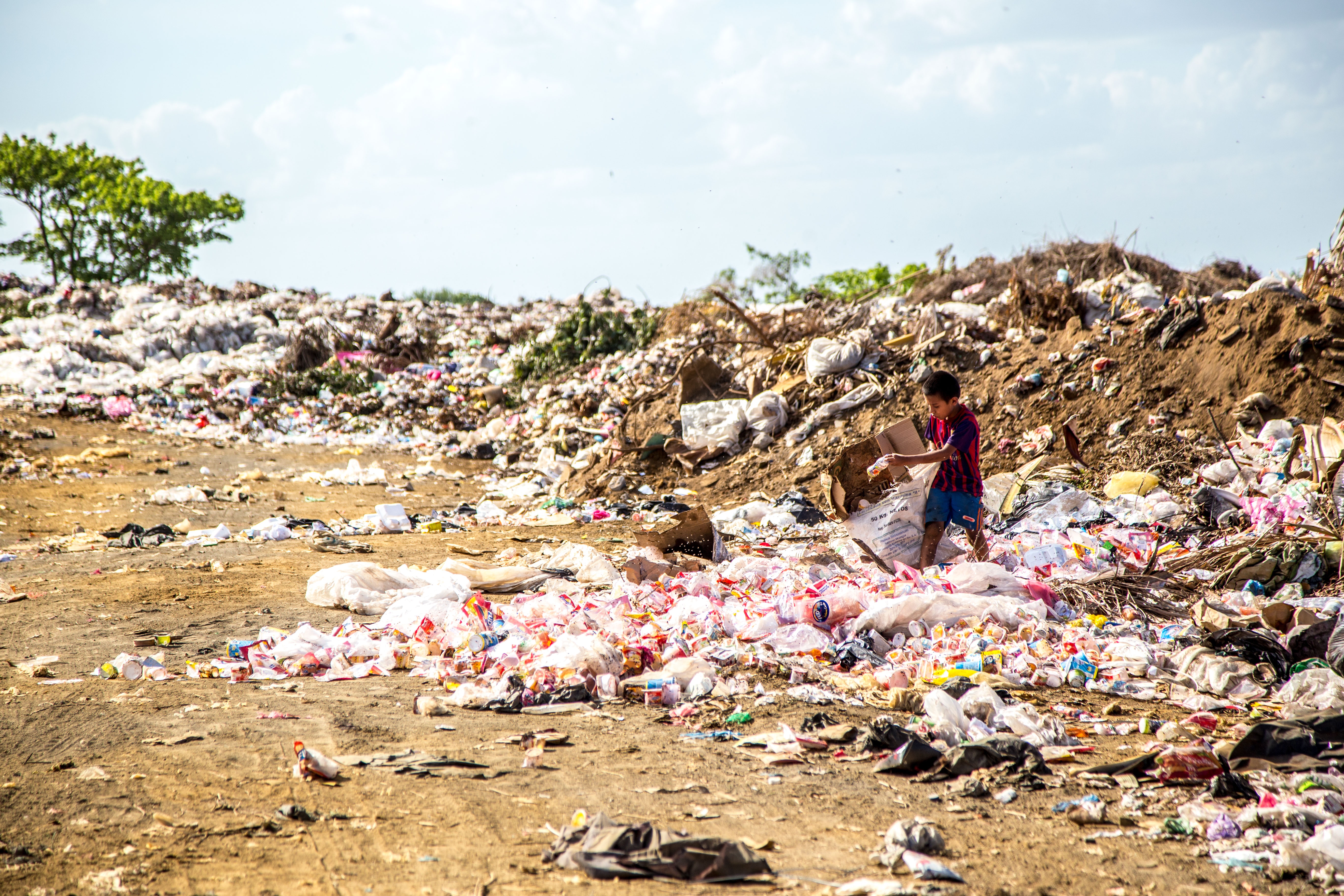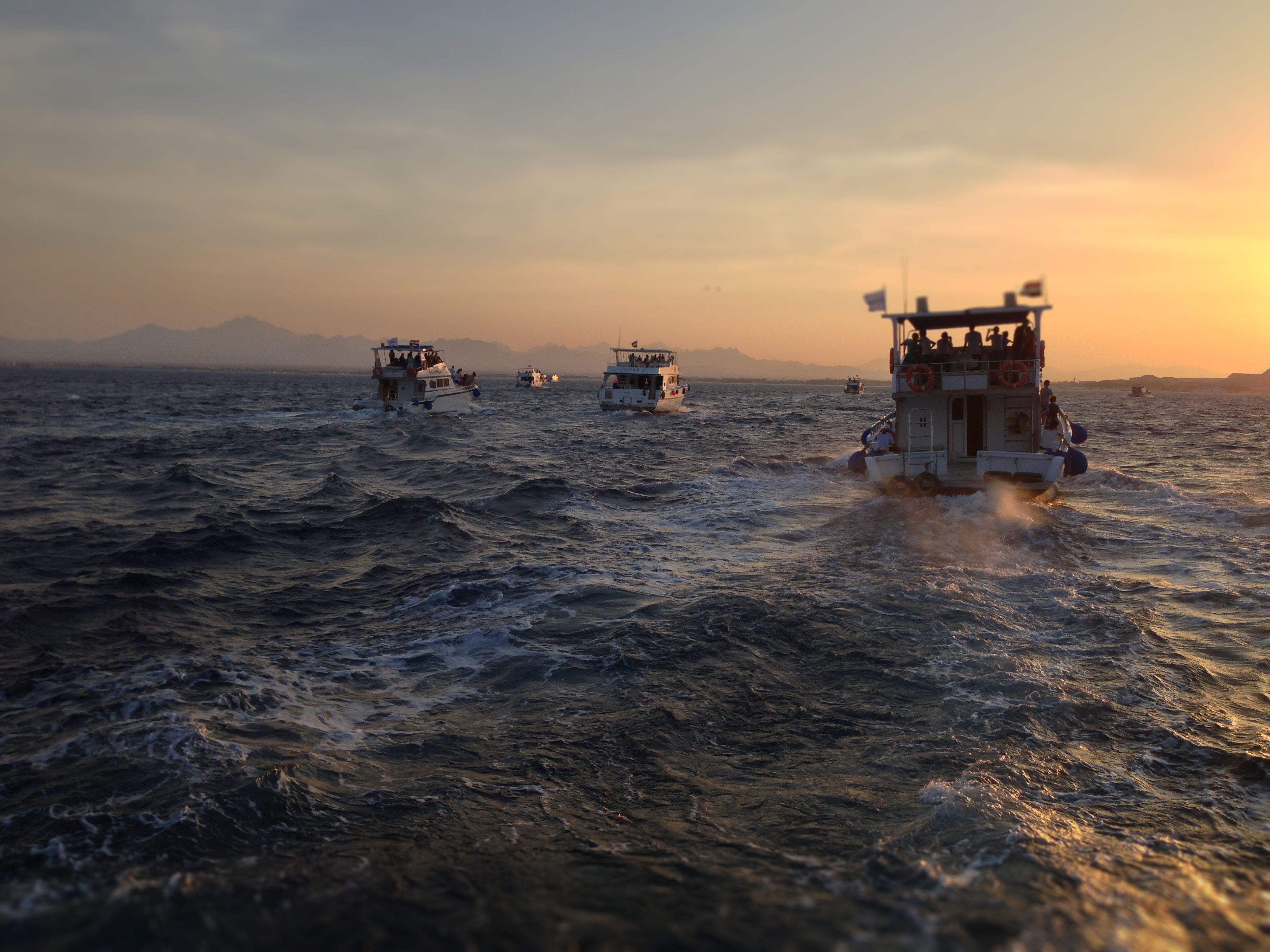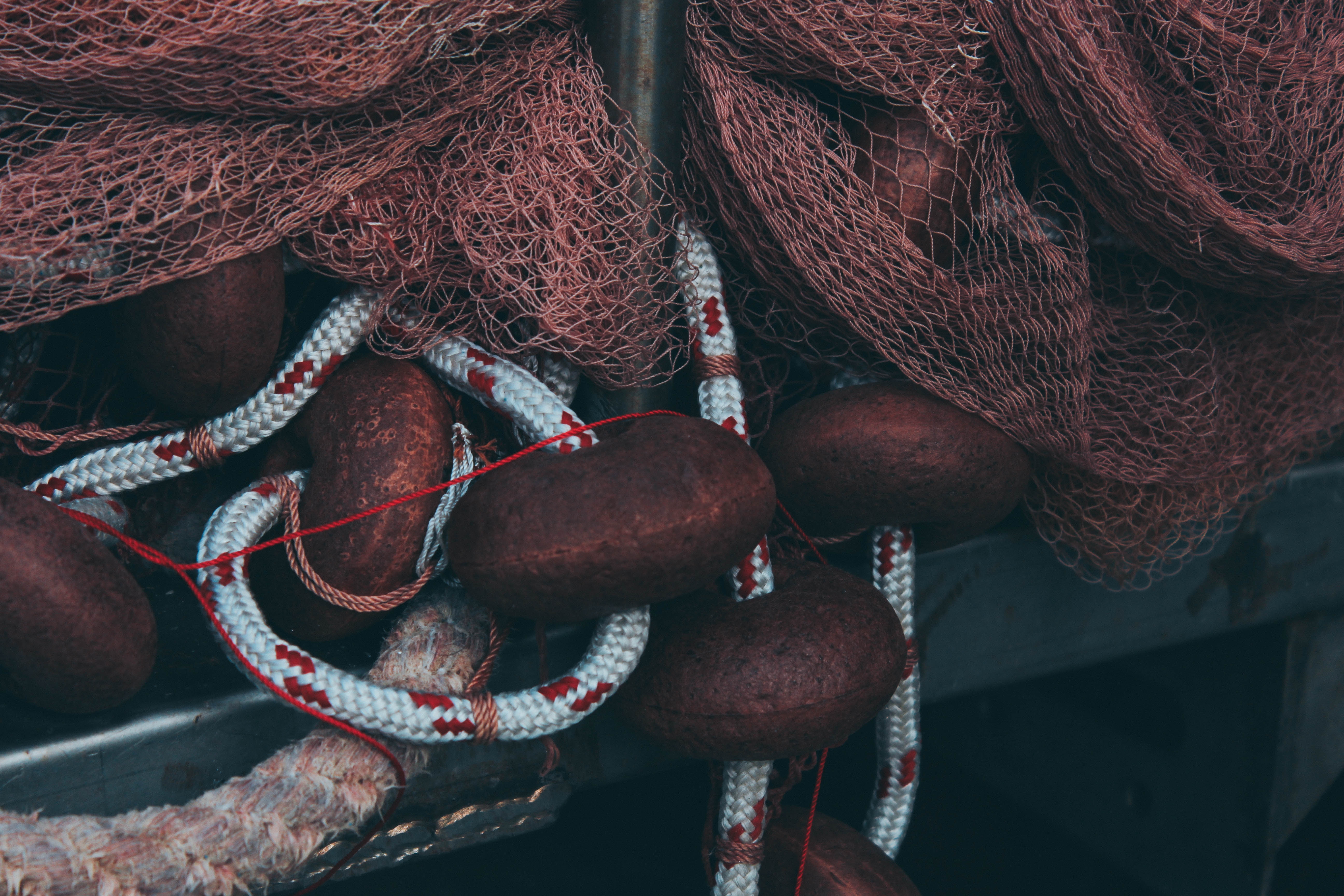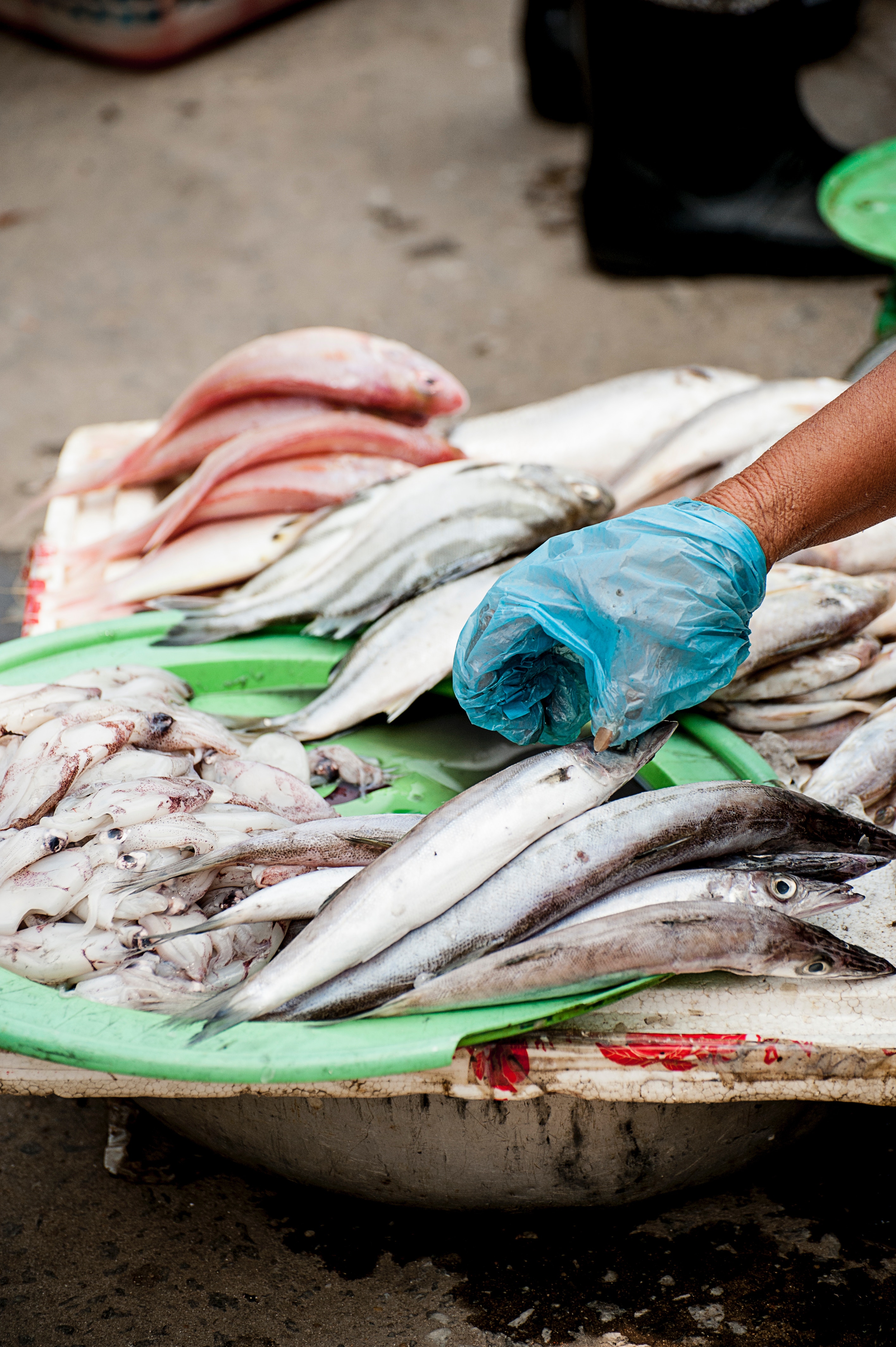Plastic is everywhere, we can’t escape it, and it is having huge impacts on our planet. In the last 10 years we have produced more plastic than over the course of the whole century. The sheer quantity which we produce each year is almost unfathomable. Well over 300 million tonnes a year. We use 100 billion plastic drink bottles a year; and 500 billion plastic bags a year. That’s over a million bags a minute. Crazy, when you think the average plastic bags “working life” is 15 minutes total.
We’re addicted to plastic, and it needs to stop.
Plastic Isn’t Biodegradable.
When we throw something in the bin we say we have thrown it “away”. In reality, there is no “away”. This plastic is still somewhere on our planet. In a landfill, in the ocean, on the streets. It still exists. Plastic takes hundred if not thousands of years to biodegrade. And in reality, it most likely won’t ever disappear but instead becomes long-lasting (and toxic) “plastic dust”.
The Production of Plastic
The vast majority of plastic is made of polypropylene, a material made from petroleum (oil) and gas. These two materials are non-renewable fossil fuel based. Their extraction and production create greenhouse gases which contribute to climate change. The production process itself is inefficient, for example the process of producing bottled water required 6 times as much water per bottle as there is in the actual container and 2,000 times the overall energy required to drink tap water. The total amount of energy required to drive a car for one kilometre or 0.5 miles is the equivalent energy required to produce nine plastic bags.
Ocean Plastic
We dump 8 million tonnes of plastic into the ocean each year and there is set to be more plastic that fish in the sea by 2050, if not sooner. There are 5.25 trillion pieces of plastic debris in the ocean right now. In huge “trash islands” there are 520,000 pieces of plastic per square mile. Just take a moment to absorb the horror of that information.
This ocean plastic is not only damaging the oceans themselves, but the creatures who live there. Over 1,000,000 seabirds are killed by plastic pollution in the oceans each year. As well as 300,000 dolphins and porpoises. Not to mention numerous seals, sharks, whales, turtles, fish and more. Often the plastic clogs these animals stomachs and leads to a slow, painful death through starvation. If that doesn’t pull in your heartstrings, then remember that the plastic “dust” in the oceans is ingested by fish. Which ends up on your plate and inside your body. Yum.
Plastic pollution is urgently threatening the whole underwater ecosystem. This, combined with climate change, is leading to some seriously worrying damage to the ocean. These changes put our very survival at risk. Over 50% of the oxygen we breathe is produced by the ocean, thats every second breath. Ultimately, if the oceans die, we die.
But What About Recycling?
Even if we recycle our plastic, which is of course much better than just throwing it “away”, we still come into trouble. It just isn’t enough. Firstly, plastic is usually “down-cycled” and made into secondary non-recyclable products. New plastic is still required for packaging such as bottles. Secondly, producing recycled materials uses copious amounts of energy. A better solution would be to reduce the use of plastics altogether.
Read more about this issue here.
Ok, so what can I do?
We need massive change on a global scale, but on an individual level, there are tonnes of swaps we can make to reduce our plastic consumption and make a difference. For example:
- Don’t use plastic straws. In the US & UK alone 550 million are thrown away each day.
- Skip plastic bottles. Try a reusable bottle instead. We use over 100 billion plastic drinks bottles a year.
- Skip paper coffee cups. To make them waterproof they are lined with plastic. In the US alone 15 billion are used a year.
- Use reusable bags. Worldwide we throw away over 1 trillion plastic bags a year.
- Ditch the disposable razor. In the US over 2 billion are thrown away each year.
- Say no to gum. Yes, it is made of plastic. Over 100,000 tonnes of it are thrown away each year.
- Avoid beauty products with microbeads. Over 300,000 plastic beads are found in a single tube of face wash. (Thankfully these have just been banned in the UK!).
- Switch up your feminine care. Ladies, most tampons and pads contain plastic. Try switching to a mooncup or other sustainable feminine products.
- Sip on loose-leaf tea. Most teabags are laced with plastic. A good biodegradable tea brand is Teapigs.
By making these simple swaps you will already be making a huge difference. Want to make bigger changes? Read this, this and this..
Ultimately the largest problem is single use plastic. Things we use once, and then throw away, such as food packaging and plastic cutlery. It can feel almost impossible to avoid plastic in our modern lives. When we go to the supermarket or local shop everything is coated in it. Sometimes it can be a little awkward to avoid it and takes extra effort. There is always a solution, it just takes some forward-thinking.
Commercial Fishing
I can’t write this article without mentioning commercial fishing. Commercial fishing contributes up to 85% of marine plastic waste in areas such as Hawaii. It is all well and good reducing our own personal use of plastic, but we need to tackle commercial fishing if we want to see big changes. Sadly, all fish products sold in conventional stores will have contributed to ocean plastic – even if they are certified or labeled as “sustainable”. Not to mention commercial fishing practices in general are hugely damaging to marine habitats and results in the death of turtles, sharks and dolphins through by-catch. One huge way you can fight back on ocean plastic, plastic pollution and destruction of the oceans is by reducing your fish consumption or stopping consuming it completely.
Let’s do this!
I sincerely hope that this blog post has opened your eyes to the global issue of plastic pollution. I know it is tough, but try to not be scared or overwhelmed. You can contribute to positive change. All I ask is that you try to make some simple swaps to support our planet; and that you don’t feel guilty if you slip up every now and then, nobody is perfect. We all just need to do our best.
Lots of small changes add up to a big difference.
Zanna x
Click here to view my resources page full of documentaries and articles.

